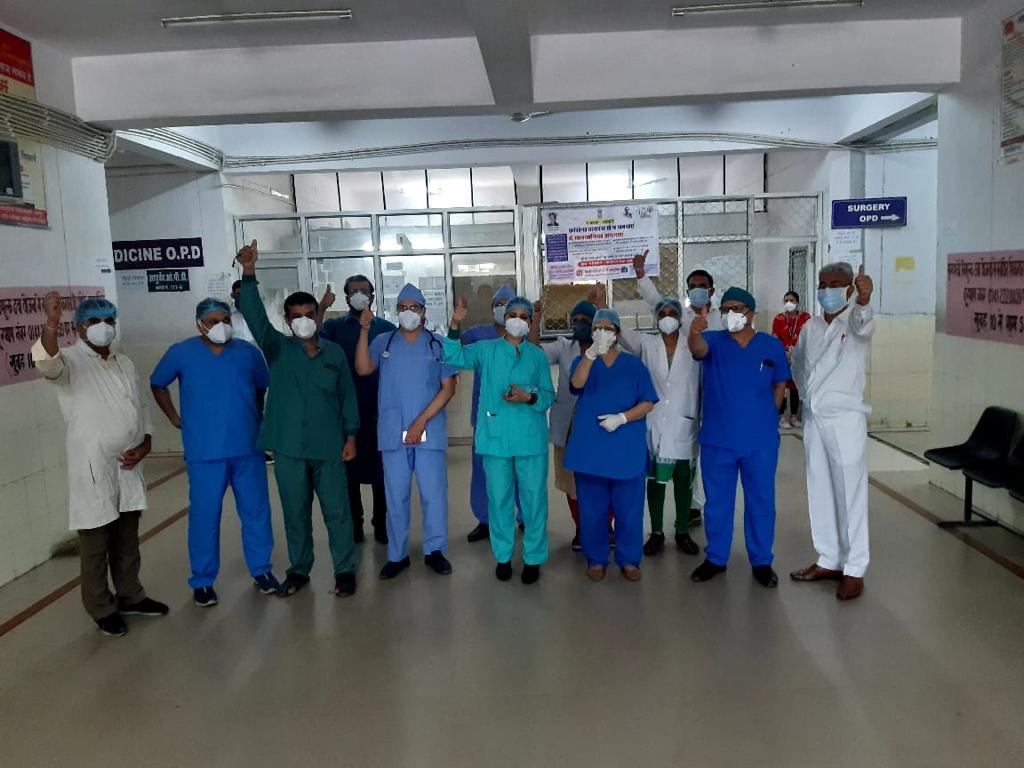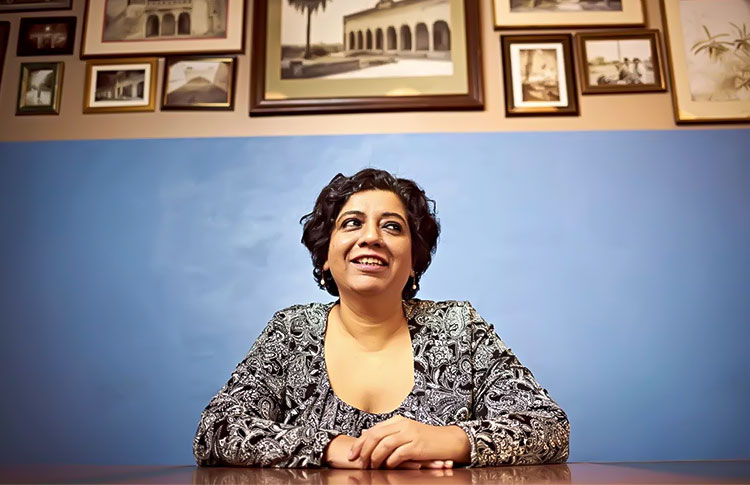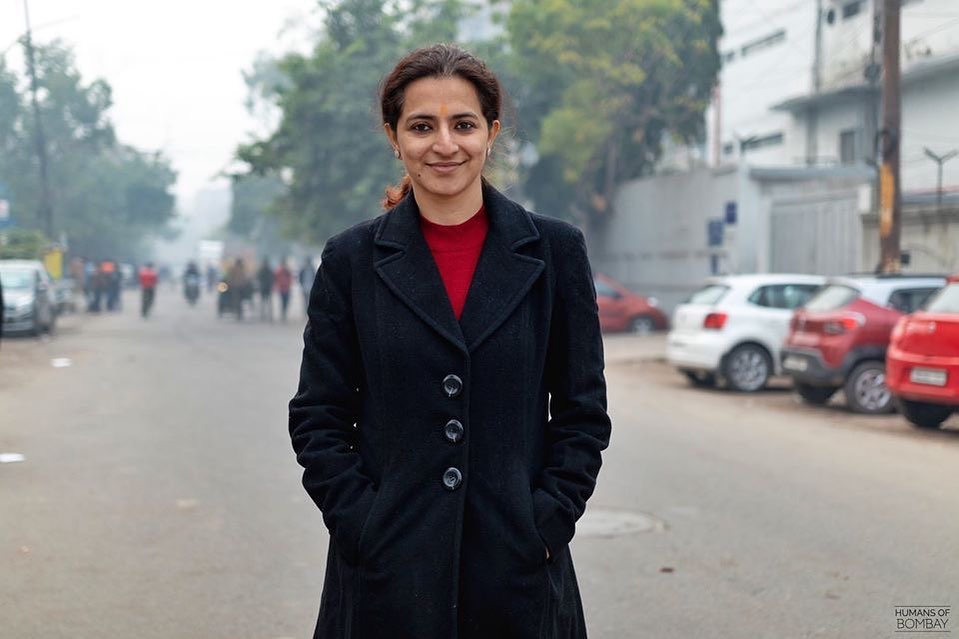Meet Saumya Saxena, The Academician, Who Has Waged A War Against Gender Inequality In India
- IWB Post
- June 13, 2018

Saumya Saxena received her first lesson on how culture and discourse define gender roles at the very young age of 6. While accompanying her father on a tehsil visit, her impressionable mind was struck by the fact that all the officers that she saw in action right from block level administrators to the district magistrate were male. She was almost convinced that it was a male domain but fortunately her parents kept telling her otherwise.
As she grew up, Saumya gradually realised that the lack of women in powerful roles was not natural but rather a social setup. With age, this fact became clearer in her head and that is why she decided to dedicate a life to shattering gender stereotypes.
Thus this shouldn’t come as a surprise that she today is a winner of British Council’s Study UK Alumni Awards, and is working on advising the Law Commission of India on matters pertaining to religion, reform, and divorce.
Her PhD at Cambridge and encounter with women change-makers made her even more sure of her calling as she became a vocal critic of like Sati, foot binding, witch burning and all the practices which had affected and crushed women at various points in history.
Saumya was in India in 2012 when the brutal rape of Jyoti Singh left the entire nation writhing in fury and terror. This is when she decided to write to Gopal Subramanium, a senior advocate at the Supreme Court and expressed the desire to be a part of the Verma Commission in any capacity whatsoever.
She received a prompt reply and was asked to join immediately. One among a 15-member illustrious team she worked relentlessly to meet the 29-day deadline. Her major contribution was in chapters pertaining to education and perception reform, Khaps, and honour killings.
Once her work there was done, Saumya soon found her next mission after a meeting with Shabana Azmi at Cambridge. In 2013 she joined an initiative being lead by Shabana Azmi that conducted gender sensitisation workshops with the Central Industrial Security Force (CISF).
“We ended up discussing legal and policy initiatives towards sensitising police forces and she invited me to conduct the workshop in Delhi, on women’s experience when they complain about harassment, to address the general perception of the police interactions being hostile encounters for women,” Saumya shared as per a report by Your Story.
She slowly realised how “absolute equality” evades women even in the most powerful of the positions in India. “Unfortunately, for many women, being a part of the workforce gave them some economic freedom but it came at the cost of doubling of their responsibilities as child care and household chores continued to be seen as their responsibility. Seeking equality at work when inequality prevails at home forces us to ground women’s demands in their contexts,” noted Saumya.
Saumya also met the officer who conceived the women’s helpline 1090 in Uttar Pradesh and discussed the details and the nature of complaint received by the helpline. Saumya shared, “Many of the records I consulted were hidden in libraries, archives, and police record rooms where institutional bureaucracies make it difficult to gain access. To remedy this, I am involved with a colleague in planning a project to digitise court records for the Allahabad High Court. We are still in the initial stages of planning, but we hope we can expand this to other endangered archives.”
Meanwhile, she also delivered talks seminars on topics like marriage, divorce, inheritance, and other matters pertaining to family law. Talking on the topic Saumya said, “This is augmented by the fact that women are also either unaware or hesitant to use legal remedies in matters of household violence or abuse because of the insistence of the society as well as the police to dismiss family issues as ‘ghar ka masla’ or private concerns,” she noted, adding “women were also hesitant to seek their share in property because they had internalised the fact that their brothers are rightful heirs and that they belong to a different family after being married.”
She has been working on ground level initiatives for almost 1.5 years now for the Law Commission of India. The aim is to recognise grassroots initiatives that have been successful but did not receive much credit.
After her work for the 21st Law Commission, her next plan is to publish her research. In fact, Saumya already has two book contracts. One of the contracts is with Cambridge University Press and the other one is with Routledge.
H/T: Your Story
- 0
- 0












